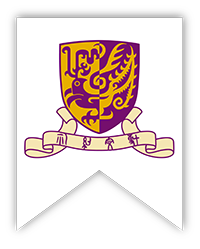- Upcoming Events
- Awards
- Distinguished Lecture
- Latest Seminars and Events
- Others
- Seminars
- Workshop and Conference
- Past Events
- Student Issue
| Topic: | Accounting for winner's curse and pleiotropy in two-sample Mendelian randomization |
| Date: | 21/12/2021 |
| Time: | 9:00 am - 10:00 am |
| Venue: | Zoom Meeting (please refer to seminar PDF) |
| Speaker: | Dr. Chong Wu |
| Details: | ABSTRACT Mendelian randomization (MR) studies use genetic variants associated with modifiable exposures as instrumental variables to assess their possible causal relationship with outcomes in observational studies. In recent years, the number of published two-sample MR studies has increased rapidly, partially due to the increasing availability of large-scale genome-wide association studies (GWAS) summary data. These two-sample MR studies often employ the same sample to select relevant genetic variants and construct final causal estimates, leading to biased causal effect estimates due to the winner’s curse phenomenon. On the other hand, the validity of MR analyses critically depends on instrumental variable assumptions, which often be violated in applications due to widespread pleiotropic effects. Also, there are maybe unknown sample overlaps between the two GWAS summary datasets due to the current trends of collecting biobank datasets. |



